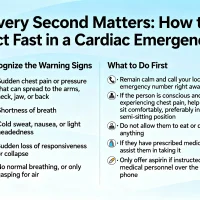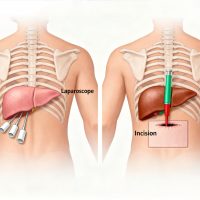
A new diet program, otherwise known as 16:8, sees people eating for eight hours per day and fasting for 16 hours in a bid to kick their body into fat burning mode. Those who follow it likely eat breakfast at 10am, lunch at 2pm and dinner at 6pm and then have breakfast at 10am the next day, leaving a 16-hour gap.
David Zinczenko’s latest book, The 8-Hour Diet, offers the perfect solution. The former Men’s Health editor and co-author of other bestsellers, including The Abs Diet and Eat This, Not That! suggests cutting back eating hours to just eight for up to three days a week for guaranteed weight-loss results. What you eat within those eight hours is entirely up to you.
And once your eating period ends, you are required to fast for the remaining 16 hours. This, in turn, will supposedly give your body the break it needs to digest and start burning fat for fuel.
But wait says Tanya Zuckerbrot, R.D., author of The Miracle Carb Diet, who sees several flaws in the diet. The first she says is that it builds a bad habit. Just when you’ve completely abandoned the idea of “eating with abandon,” this book comes along and says, go ahead, have that second pizza slice and yes, you do want fries with that. As long as you can cram it all into that eight-hour window, you’re free to view the world as one big menu and in the long run, that could promote weight gain. “Anything that you do temporarily will garner positive results, but once you get off the plan, you’re just left with these bad binging habits,” Zuckerbrot says.
She also sees the diet ruining a good health record. Though The 8-Hour Diet suggests it can help prevent disease, citing scientific studies that show how fasting has lowered the risk of developing diabetes and coronary disease, Zuckerbrot believes it might encourage the opposite effect. “Consuming large amounts of foods high in calories and saturated fat such as pizza, rib-eye steaks, and burgers may not only pack on pounds, but also increase your risk for developing chronic diseases such as heart disease and diabetes,” she says.
The author also says it fosters a horrible mood. If you’ve ever skipped lunch on a busy day, you know exactly what we’re talking about. “After just four hours of fasting, your sugars begin to drop and you start to feel weak, tired, shaky and cranky — that’s what we call reactive hypoglycemia. All those feelings tend to drive people to grab whatever food is available, like potato chips or cookies on the counter, or overeat at the next meal.” Which is why Zuckerbrot encourages snacking between meals to keep folks from treating the breadbasket like a trough.
The f-word for weight loss isn’t feast, fast, or famine, Zuckerbrot says — it’s fiber. Fill up on the good stuff — along with protein — every three to four hours to stay energized and maintain your blood sugar levels all day long.
Health-e reporting with sources: Shape.com; Daily Mail











